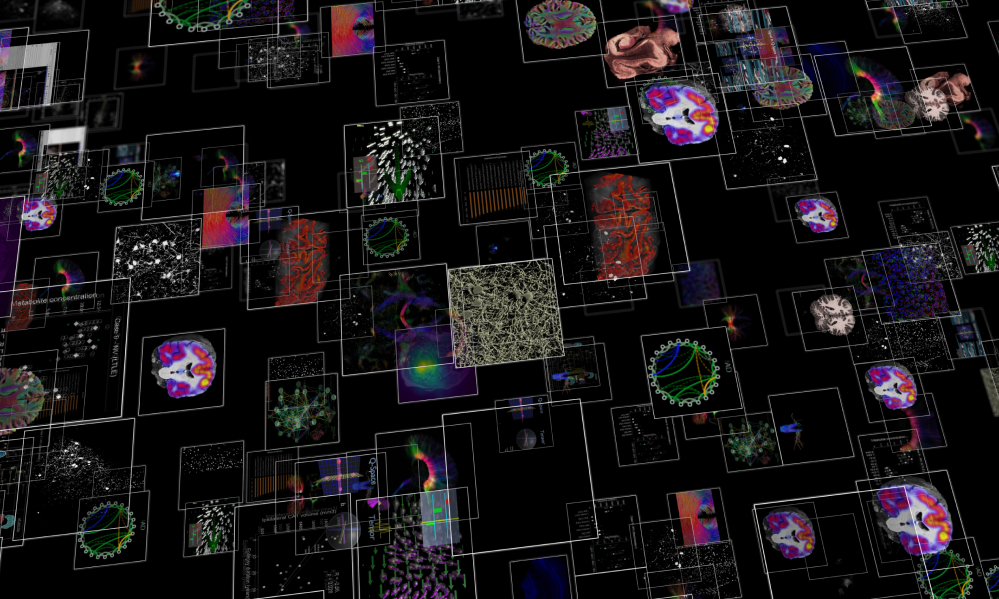
This study aims to identify the extent and characteristics of white matter injury that influence cognitive and health outcomes. Based on the findings, the ultimate goal is to increase the understanding of precision medical management and planning needed by patients with white matter lesions.
Contact to learn more: cdecarli@ucdavis.edu